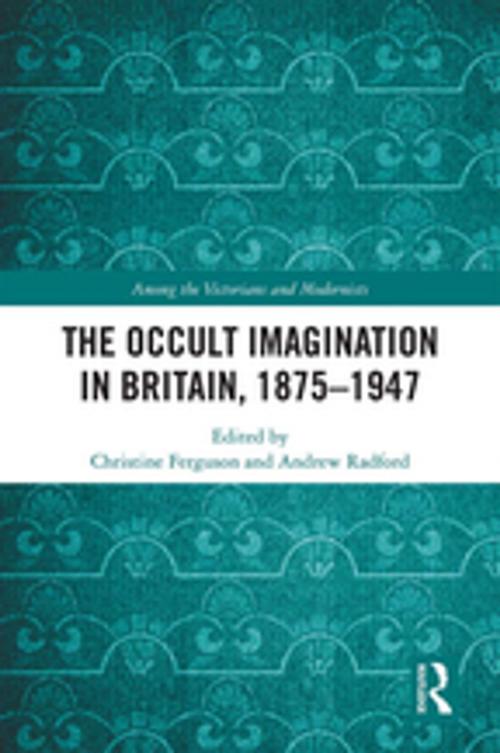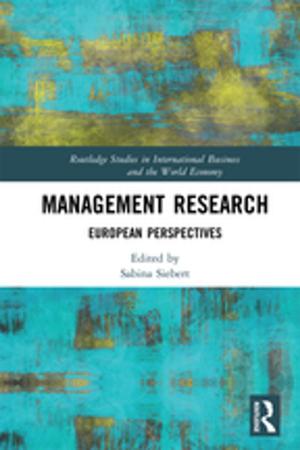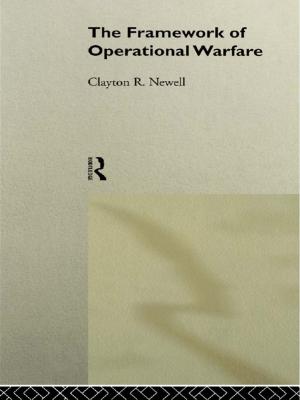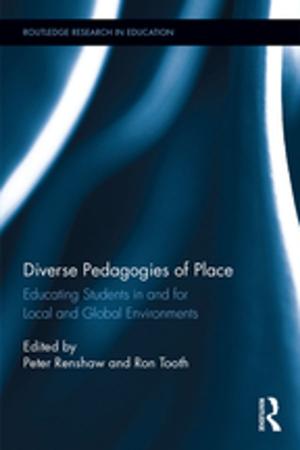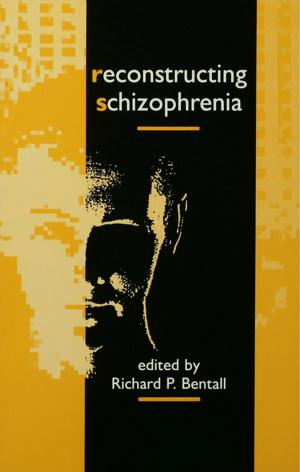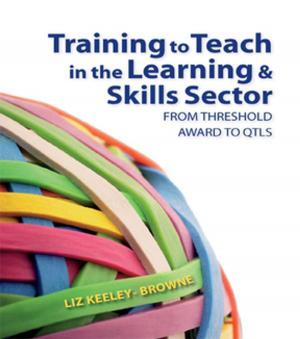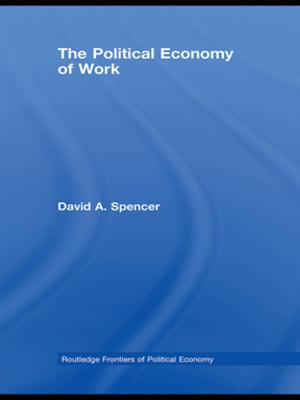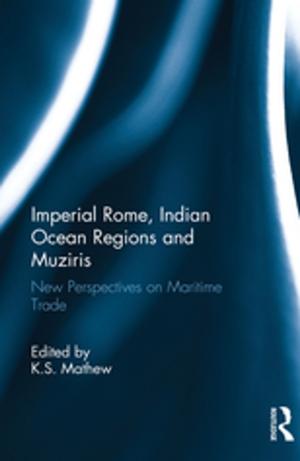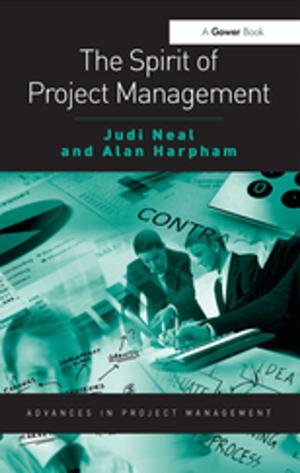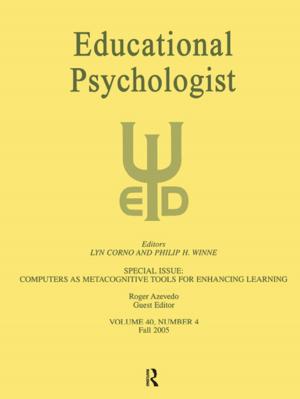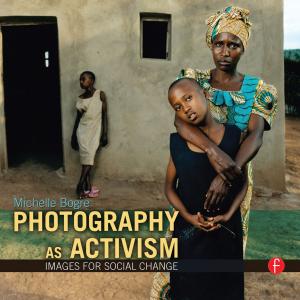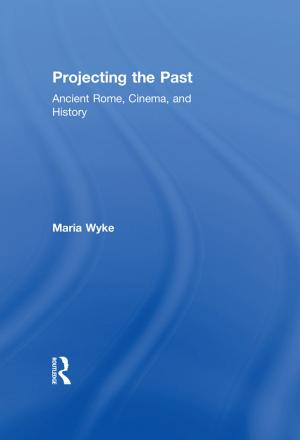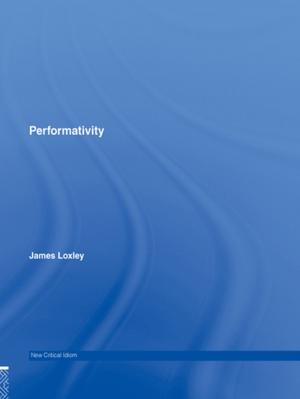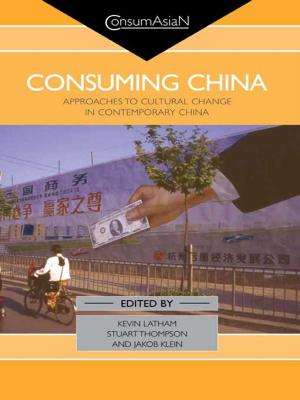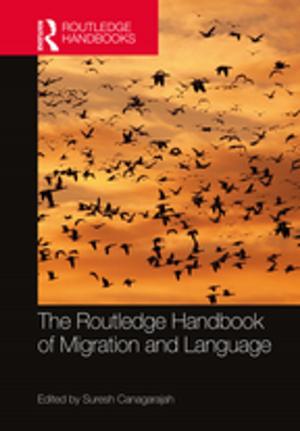The Occult Imagination in Britain, 1875-1947
Nonfiction, Religion & Spirituality, Occult, Occultism, Fiction & Literature, Literary Theory & Criticism, New Age| Author: | ISBN: | 9781351168304 | |
| Publisher: | Taylor and Francis | Publication: | December 15, 2017 |
| Imprint: | Routledge | Language: | English |
| Author: | |
| ISBN: | 9781351168304 |
| Publisher: | Taylor and Francis |
| Publication: | December 15, 2017 |
| Imprint: | Routledge |
| Language: | English |
Between 1875 and 1947, a period bookended, respectively, by the founding of the Theosophical Society and the death of notorious occultist celebrity Aleister Crowley, Britain experienced an unparalleled efflorescence of engagement with unusual occult schema and supernatural phenomena such as astral travel, ritual magic, and reincarnationism. Reflecting the signal array of responses by authors, artists, actors, impresarios and popular entertainers to questions of esoteric spirituality and belief, this interdisciplinary collection demonstrates the enormous interest in the occult during a time typically associated with the rise of secularization and scientific innovation. The contributors describe how the occult realm functions as a turbulent conceptual and affective space, shifting between poles of faith and doubt, the sacrosanct and the profane, the endemic and the exotic, the forensic and the fetishistic. Here, occultism emerges as a practice and epistemology that decisively shapes the literary enterprises of writers such as Dion Fortune and Arthur Machen, artists such as Pamela Colman Smith, and revivalists such as Rolf Gardiner
Between 1875 and 1947, a period bookended, respectively, by the founding of the Theosophical Society and the death of notorious occultist celebrity Aleister Crowley, Britain experienced an unparalleled efflorescence of engagement with unusual occult schema and supernatural phenomena such as astral travel, ritual magic, and reincarnationism. Reflecting the signal array of responses by authors, artists, actors, impresarios and popular entertainers to questions of esoteric spirituality and belief, this interdisciplinary collection demonstrates the enormous interest in the occult during a time typically associated with the rise of secularization and scientific innovation. The contributors describe how the occult realm functions as a turbulent conceptual and affective space, shifting between poles of faith and doubt, the sacrosanct and the profane, the endemic and the exotic, the forensic and the fetishistic. Here, occultism emerges as a practice and epistemology that decisively shapes the literary enterprises of writers such as Dion Fortune and Arthur Machen, artists such as Pamela Colman Smith, and revivalists such as Rolf Gardiner
